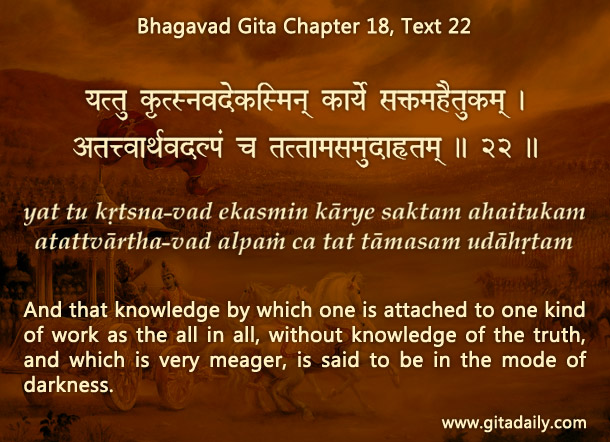The world around us is so complex that we need to reduce it to some simple functional categories. For example, suppose we need to ask a stranger for directions to our destination. Based on the stranger’s appearance, we may infer that they may not be comfortable with English; therefore, we may choose to speak with them in the local language.
Functional categorizations such as English-speaking or vernacular-speaking can be valuable, even essential. But suppose our mind associates fluency in English with intelligence and the lack of fluency with less intelligence. Then we may, knowingly or even unknowingly, start looking down at anyone who doesn’t speak English well — even though many such people may be highly intelligent. In deeming an entire linguistic demographic deficient in intelligence, might we not be demonstrating our narrow-mindedness?
Alternatively, suppose our mind associates followers of some religions with fanaticism. Whenever we encounter someone whose appearance suggests that they belong to that religion, our mind may immediately label them ‘fanatical’. What if we have had first-hand experience of fanatical behavior exhibited by some followers of that religion? Still, our experience doesn’t necessarily imply that all followers of that religion are fanatical — and it certainly doesn’t imply that the particular follower in front of us is fanatical. But when we unconsciously or uncritically go along with our mind’s labeling, we may, while interacting with that person, look only for signs that suggest fanaticism. And we may exaggerate or even misread some such signs in a way that confirms our preconceptions about that religion.
When we thus narrow reality to the label that our mind has come up with, we end up becoming narrow-minded. Pertinently, the Bhagavad-gita reproaches such equalization of one fragment of reality with the totality of reality (18.22).
One-sentence summary:
When our mind equates functional categorizations with judgmental designations and narrows our experience of the world to conform with those labels, we succumb to narrow-mindedness.
Think it over:
- Why is categorization necessary?
- How does the need for such categorization make us vulnerable to narrow-mindedness?
- Observe yourself for twenty-four hours, note the times when you narrow reality to fit your preconceptions and analyze whether you had succumbed to narrow-mindedness.
***
18.22: And that knowledge by which one is attached to one kind of work as the all in all, without knowledge of the truth, and which is very meager, is said to be in the mode of darkness.
To know more about this verse, please click on the image


A narrow mind bars all accesses
Agreed.